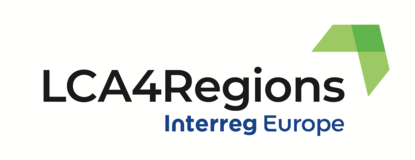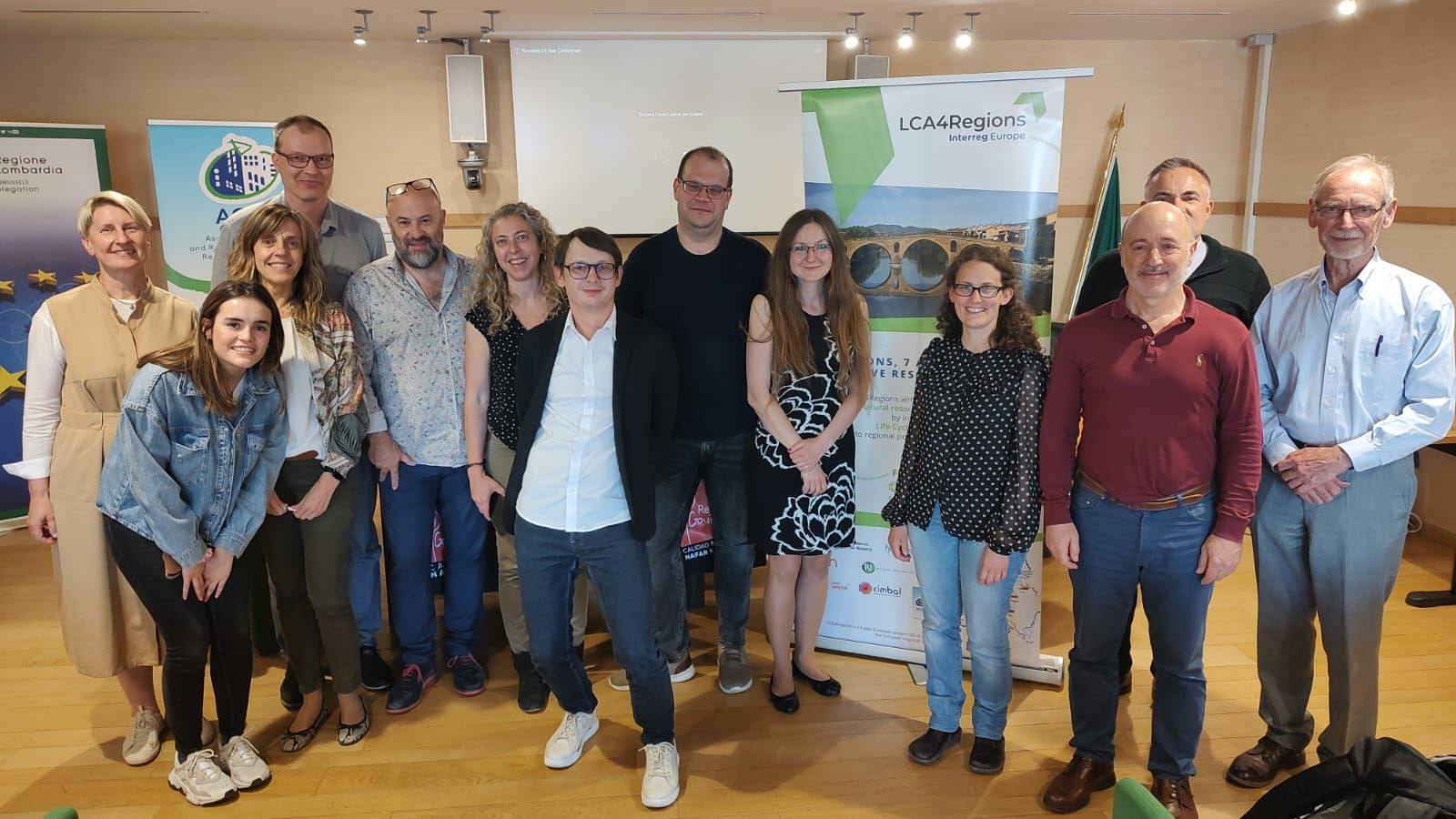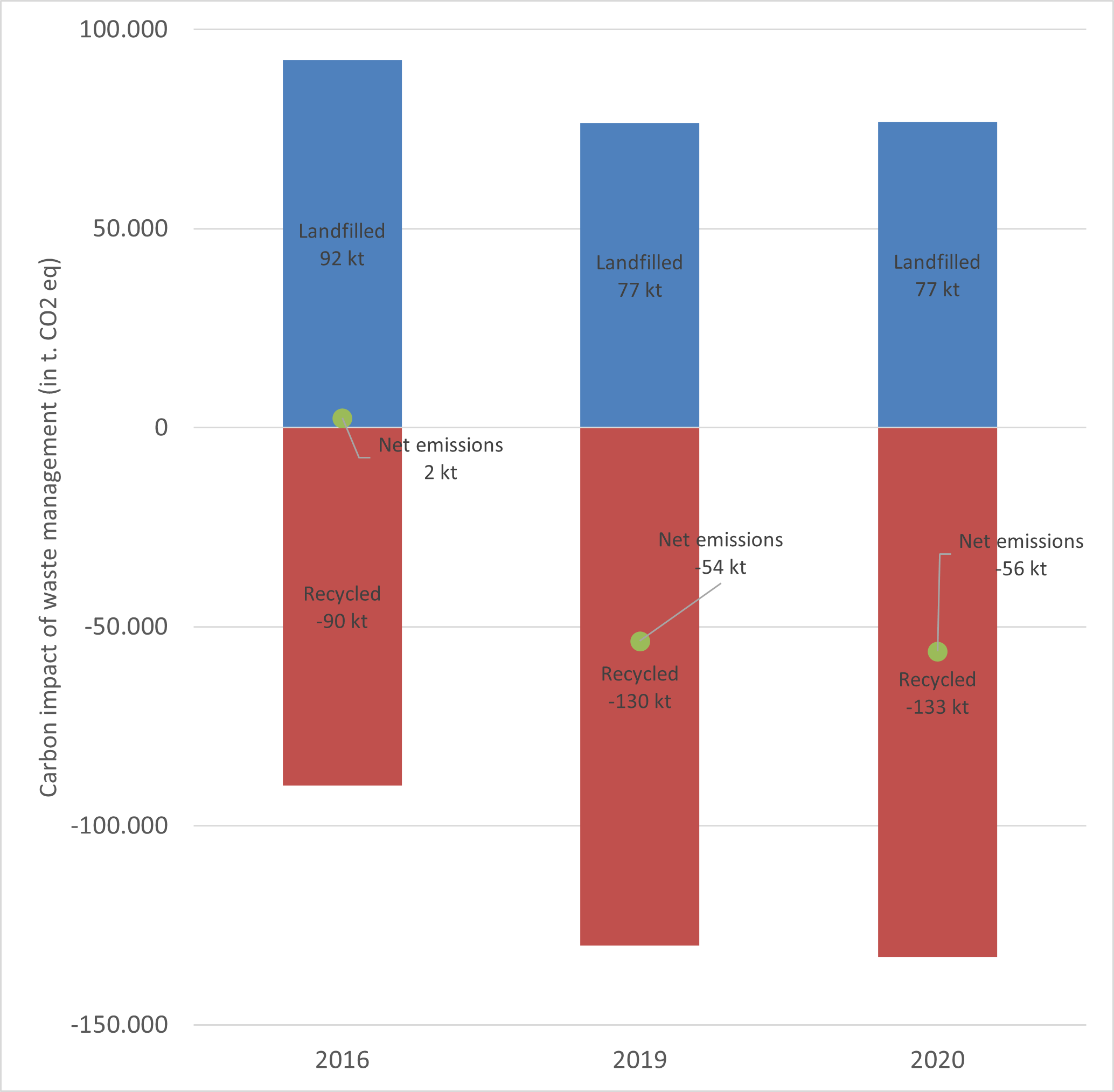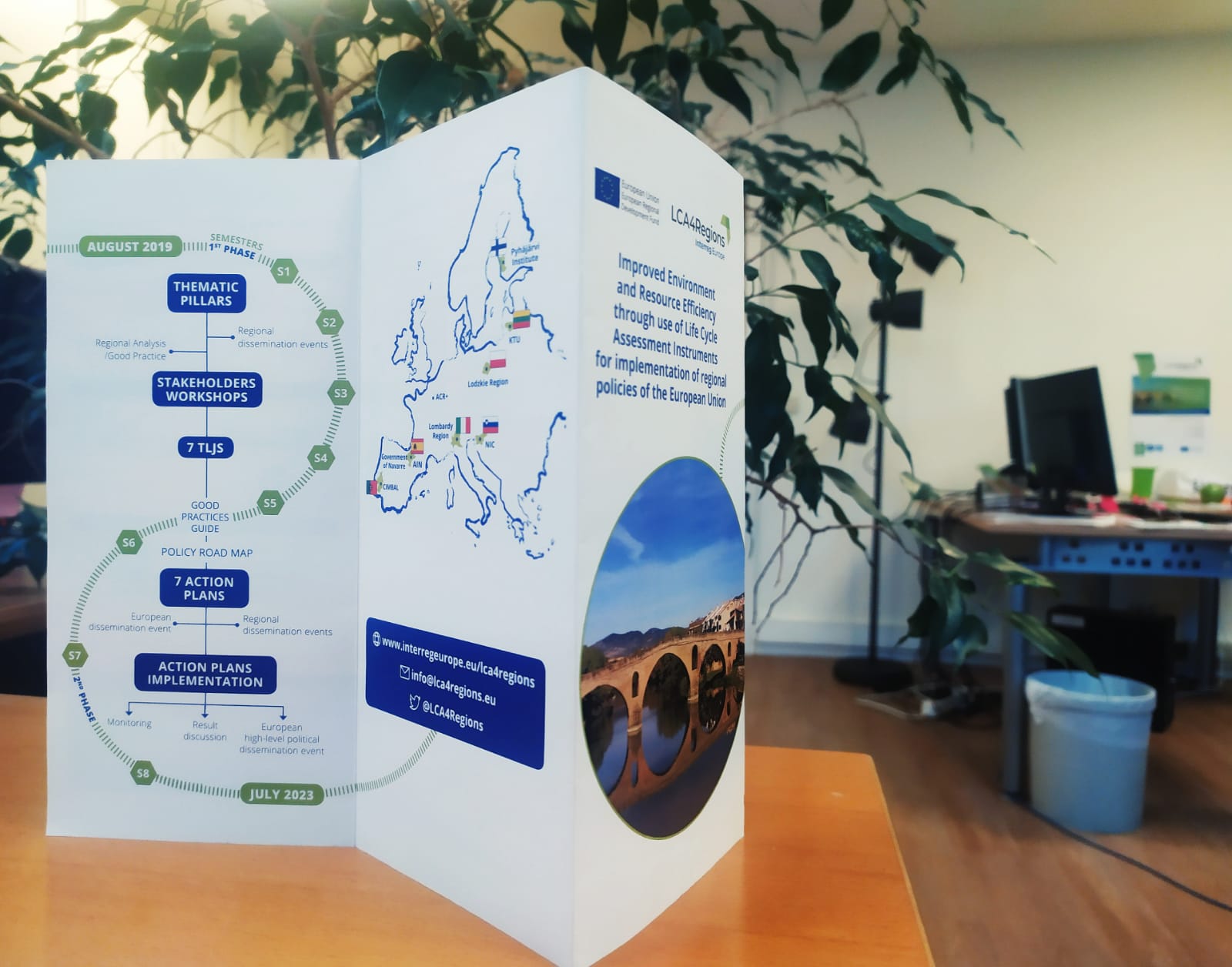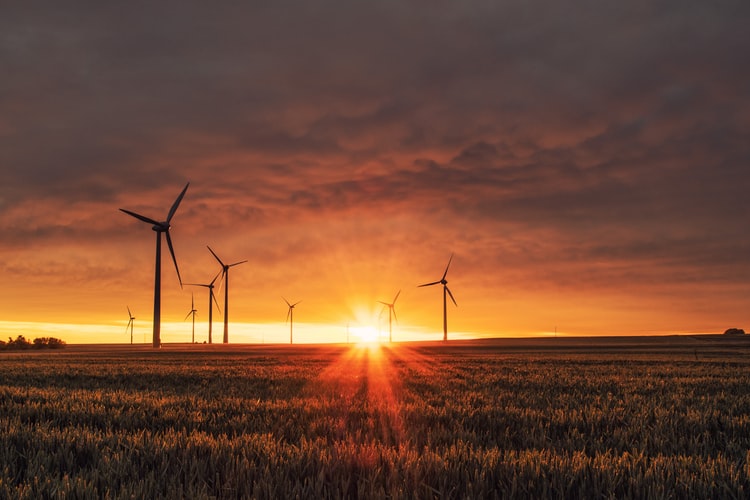The TLJ in Baixo Alentejo included two study visits, to Vidigueira Cooperative Winery and EDIA experimentation centre.
The Vidigueira Cooperative Winery is one of the producers that are part of the Wines of Alentejo Sustainability programme – WASP. Launched in 2015, this programme supports improvements in environmental and social sectors, as well as the econnomic performace of Alentejo’s wine industry. WASP is voluntary and in order to begin implementation, it is compulsory to carry out a self-assessment. This was developed to be a standardised method to be completed with a performance levels assessment organised into different chapters applied to viticulture, cellar and viticulture&cellar and with primary and secondary Intervention chapters with different criteria. WASP is a certifiable programme and a member can obtain a recognition in sustainability for the productive process by the use of the WASP stamp.
It is a successful programme which moved from 93 members at the end of 2015 to currently 460 members. At the moment 3 members are certified.
More in the presentation or in the Good Practice.
The URSA Project – Alqueva By-product Recirculation Unit – is a composting system, based on the exchange of agricultural by-products for organic fertilizer for agronomic use by farmers, materializing the circular economy of short cycles in the agricultural context. A constellation of units at the service of the irrigation territory produces an organic fertilizer by composting, returned to farmers by exchange with the agricultural by-products delivered, for crop fertilization, contributing to the increase of soil fertility and its rehabilitation as a filtering barrier, which promotes downstream water quality and long-term sustainability of irrigation.
More in the Good Practice.
